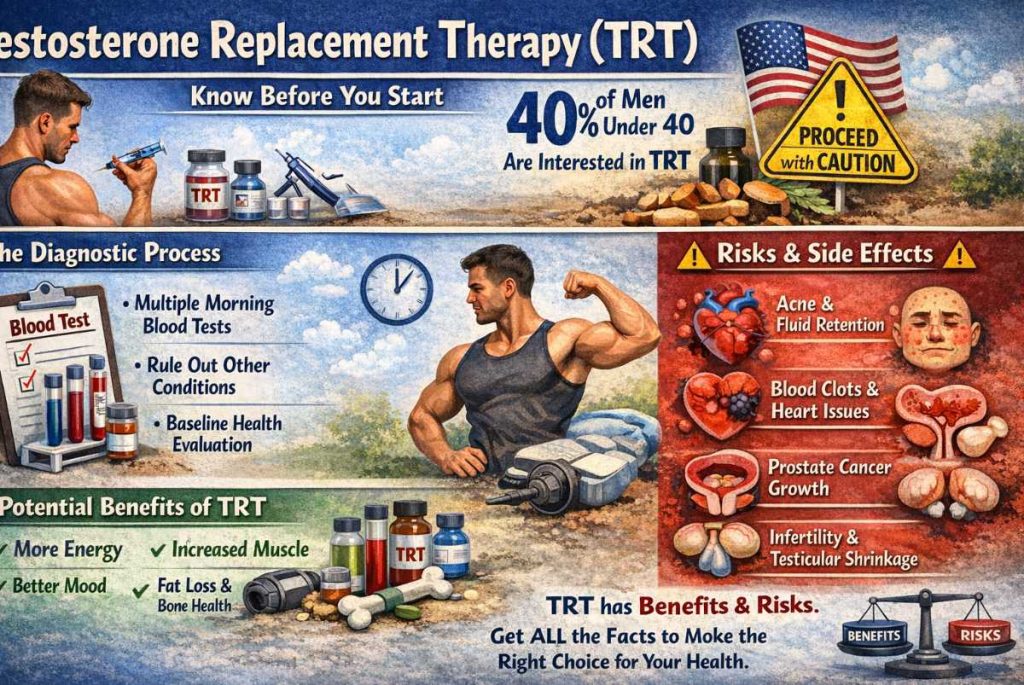You may know strategic marketing is about long-term goals, while tactical marketing is the practical detail of your every step marketing plan.
Having a clear understanding of the difference between these two types of marketing is important for any business owner or marketing manager. The right balance and integration of strategic and tactical marketing can propel your business forward, ensuring you meet your business goals efficiently.
Let’s see what makes strategic and tactical marketing distinct and how you can leverage both to achieve success.
Strategic vs Tactical Marketing
Knowing the difference between strategic and tactical marketing is like distinguishing between a roadmap and the individual turns you take on a journey.
One is about the destination and the broader route you’ll take to get there, while the other involves the specific steps needed to navigate the path.
Strategic marketing is your overarching plan – the vision, the goals, and the comprehensive understanding of your business within the market.
Tactical marketing, on the other hand, involves the actions and campaigns you’ll execute to realize this vision.
While strategic marketing aligns with your long-term business objectives, tactical marketing adapts to immediate circumstances and short-term targets.
What is Tactical Marketing?
Tactical marketing is essentially the boots on the ground for your marketing strategy. These are the specific initiatives and campaigns you implement to connect with your customer base and encourage sales.
Implement Short-Term Campaigns
Short-term campaigns are the quintessence of tactical marketing. These include targeted promotions, seasonal advertisements, or limited time offers that aim to boost sales and engagement in the short term.
These campaigns are often designed to achieve immediate business objectives such as growing the customer base, increasing the frequency of purchases, or clearing stock.
For instance, consider a tactical marketing campaign by an e-commerce clothing retailer that includes a flash sale during the holiday season. By offering a significant discount for a limited time, the retailer aims to increase traffic to their website and drive up sales figures.
Utilize Various Marketing Channels
An integral component of tactical marketing is selecting and utilizing various marketing channels effectively. This includes digital marketing efforts like social media marketing, pay-per-click advertising, email marketing, or traditional channels like print, radio, and television ads.
A tactical approach demands agility and awareness of the effectiveness of each channel.
A good example would be a product launch that leverages social media influencers for promotion, targeted email marketing campaigns for existing customers, and search engine marketing to capture new leads.
Measure and Adjusting Tactics
Tactical marketing requires a continual assessment and adjustment process. Since tactics are about immediate actions, it’s essential to measure the success of those actions to ensure they align with your strategic goals.
Key performance indicators (KPIs), such as conversion rates, cost per acquisition, and return on investment (ROI), are tracked to evaluate the effectiveness of each tactic.
Imagine an online bookstore that tracks the click-through rates of its pay-per-click (PPC) ads. If the bookstore notices certain ads having low performance, it can adjust the copy, visuals, or target audience to try and improve the results.
This immediate feedback loop allows tactical marketing to be dynamic and responsive to what’s working and what’s not.
Align with Strategic Goals
While tactics are about the “here and now,” they should never lose sight of the broader strategic objectives. Every marketing tactic employed should serve as a building block that contributes to the larger picture.
When tactics are misaligned with strategy, marketing efforts can become disjointed and ineffective.
What is Strategic Marketing?
Strategic marketing is the overarching plan that guides the course of your marketing activities. It takes into account the big picture, including your brand’s identity, your target demographics, and the overarching objectives that you want to achieve in the long term.
Define Brand Identity and Core Values
At the heart of strategic marketing is the fundamental understanding of who you are as a brand.
It’s about clearly defining your brand identity and core values which will resonate with customers and differentiate you from competitors. This phase includes developing your unique selling proposition (USP) and conveying a narrative that connects with your target audience on a deeper level.
For instance, a luxury car brand may focus its strategic marketing on enhancing brand prestige and emphasizing superior quality and exclusivity.
All their marketing efforts, whether it is producing high-end content or selecting upscale marketing channels, will be designed to reinforce these brand perceptions.
Set Long-Term Marketing Goals
Strategic marketing involves setting long-term goals that are ambitious yet achievable. These goals often revolve around expanding market share, entering new markets, customer retention, brand recognition, or other aspects that contribute to the overall growth and sustainability of the business.
Imagine a small-to-midsize software company with a strategic goal to become a leader in its niche market. The company could set long-term objectives such as increasing market share by 20% over five years or establishing a stronger international presence.
Achieving these objectives might entail strategic initiatives like innovation in product offerings, partnerships with global distributors, and consistent brand messaging across all markets.
Understand and Segment the Target Market
Strategic marketing requires a deep understanding of your target market. It’s not just who your customers are, but also why they choose your product or service over others. This involves detailed market research and segmentation to pinpoint the unique needs and desires of different customer groups.
A business specializing in natural skincare products, for example, might identify eco-conscious millennials as a key demographic.
Its strategic marketing would reflect this with a focus on sustainable practices, transparent ingredient sourcing, and messaging that appeals to environmental stewardship values.
Plan for Differentiation and Positioning
Strategic marketing also involves long-term plans for how your product or service will be differentiated in the market and how you want it to be positioned relative to competitors.
This typically requires a SWOT analysis (Strengths, Weaknesses, Opportunities, Threats) to identify where your business stands and how it can leverage its strengths and opportunities while addressing its weaknesses and threats.
Consider a local cafe that wants to differentiate itself from nearby chain coffee shops. The cafe’s strategic marketing might focus on its unique qualities such as locally sourced ingredients, a cozy atmosphere, and community involvement.
Integrate Tactical and Strategic Marketing
While strategic and tactical marketing differ in their approach and timescale, they both play an important role in the overall success of your marketing efforts.
Integration of the two ensures that short-term marketing activities are not carried out in isolation but are instead part of a larger, cohesive plan that drives towards your long-term goals.
A well-integrated marketing plan takes into consideration both the forest and the trees – the big picture of what you wish to achieve and the specifics of how you plan to achieve it.
As such, tactical marketing campaigns are informed by strategic goals.
For example, if a strategic goal is to increase brand awareness among a certain demographic, then a tactical approach would involve creating and executing a content marketing campaign targeting that specific group.
Conclusion
Understanding the difference between strategic and tactical marketing is key to crafting campaigns that are not only effective in the short term but also contribute towards your long-term business objectives.
Strategic marketing is the compass that guides your brand’s journey. It sets the direction and defines the destination. Tactical marketing, on the other hand, is your pathway to that destination, with all the specific steps and actions required to move forward.





